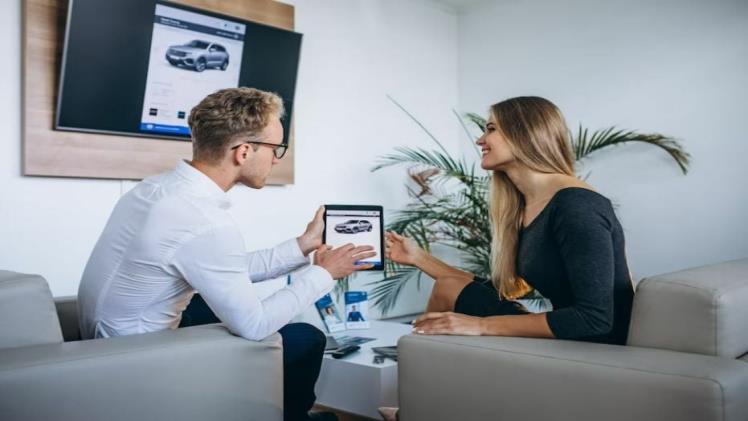The purchase of a used automobile can be a smart investment, but it does come with certain dangers, such as the car being subject to normal wear and tear. When shopping for a used automobile, there are seven common mistakes that buyers make that should be avoided at all costs. These include failing to take the vehicle for a test drive and basing your purchase decision only on pricing.
Not Securing Adequate Financing Prior to Shopping is a Common Mistake
It is critical to select your mode of payment well in advance of the purchase of a used automobile. The usage of financing is common, however the interest rates offered by dealerships may be higher than those offered by banks. Do some comparison shopping for multiple lenders, and make sure you have either pre-approval or approval, along with the payment schedule. A calculator for vehicle loans can assist in determining the interest rate as well as the period of the loan. The financing rates for used cars are often higher than those for new cars because new cars provide a lesser risk for lenders.
Purchasing Goods and Services Solely Based on Their Monthly Payments
When searching for second hand cars, some people recommend focusing solely on the monthly payments, since this strategy can help save money in the long run. However, the accrual of additional interest can drive up the cost of borrowing money. Leased used vehicles must be in good condition, have fewer than 48,000 miles on the odometer, and be no older than four years. According to some, if you lease a car, you might have to give it back at the conclusion of the contract.
Choosing Not to Take the Test Drive
Some people who are interested in acquiring second hand cars don’t take the vehicle out for a test drive beforehand, which puts them at risk for unforeseen and expensive problems. Taking the automobile out for a few test drives before buying is the best way to avoid regret afterward and get a good feel for how it drives.
Failure to get the vehicle inspected regularly by a mechanic
You can save money and reduce the danger of purchasing a secondhand vehicle by having a technician examine it before you make the purchase. The price of the inspection might be justified, particularly in the event that the vehicle has significant problems that cannot be observed. It is possible that the seller will offer to foot the bill for the examination in certain circumstances; this is particularly likely if the seller is a car dealer.
Conducting the First Round of Negotiations Face-to-Face
If you’re looking to buy a used car, it’s best to put off the first round of talks until you get the vehicle. Before settling on a choice, do some online research and comparison shopping on the vehicle. If the vendor isn’t a seasoned salesperson, you can have better luck negotiating over the phone if you bring up some used car data. Find out as much as you can about the automobile online and make comparisons before making any phone or email offers.
Purchasing on the Basis on Appearance
First, you should make a list of your requirements and rank them in order of importance before going automobile shopping. When looking for a vehicle capable of towing, focus on commuter vehicles and sports cars. Instead of looking around, focus on purchasing only the things you require. Concentrate on what you require and organize those requirements in order of importance.
Failure to Conduct a Vehicle History Check
It is essential to obtain a report on the history of the vehicle in order to learn about any previous collisions, mechanical problems, or owners. Failing to do so could lead to unforeseen costs. In most cases, dealers will pay for this service, although private sellers might not.

